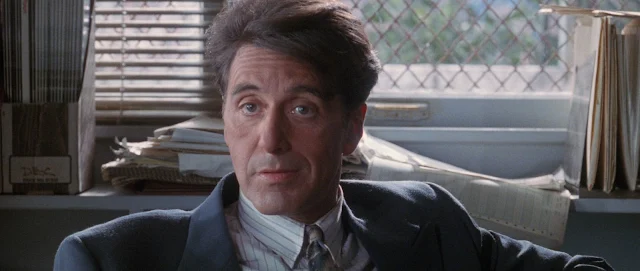 |
| Kani Kusruti and Divya Prabha in All We Imagine as Light |
Cast: Kani Kusruti, Divya Prabha, Chhaya Kadam, Hridhu Haroon, Azees Nedumangad, Anand Sami. Screenplay: Payal Kapadia, Himanshu Prajapati, Robin Joy, Naseem Azad. Cinematography: Ranabir Das. Production design: Piyusha Chalke, Shamim Khan, Yashasvi Sabharwal. Film editing: Clément Pinteaux. Music: Topshe.
In a film at once delicate and gritty, Payal Kapadia paints a picture of urban loneliness in the lives of three women. Prabha (Kani Kusruti), a nurse in a Mumbai hospital, hasn't seen or heard from her husband for a year since he left to work in Germany. Anu (Divya Prabha), her younger roommate and fellow nurse, is under pressure from her family to accept an arranged marriage like Prabha's, but she's in love with a young Muslim, Shiaz (Hridhu Haroon). Their friend Parvaty (Chhaya Kadam), a cook at the hospital, is being evicted from the apartment she shared with her late husband by the construction company that wants to tear it down. When they leave the teeming city to help Parvaty move to the village where she once lived, each of them begins to confront their emotional isolation. Kapaia's film deservedly won the Grand Prix at Cannes, but it failed to attract Oscar nominations, in part because it was produced by an international consortium of companies and the Indian film industry failed to submit it for the awards.















.jpeg)











